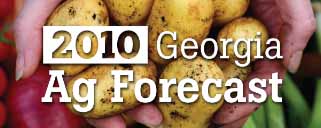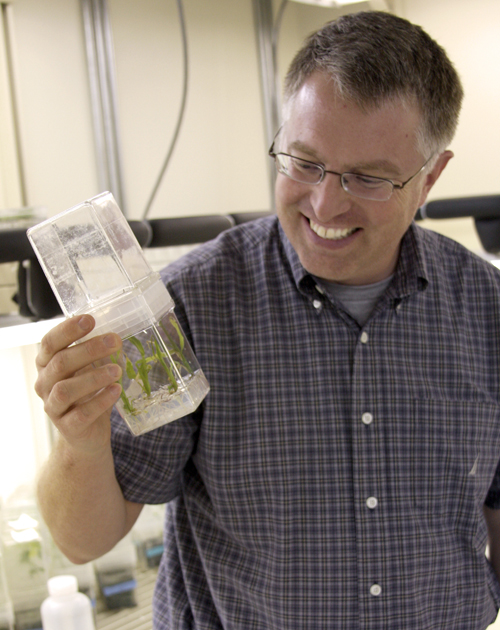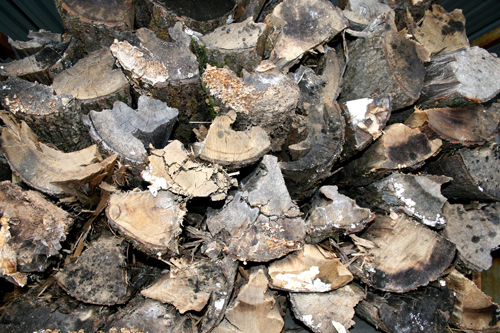 CAES News
CAES News
Argentine ants come inside for warmth, food and shelter.
Regardless of the season, ants can become pests in any structure. The Argentine ant (Linepithema humile), or sugar ant, frequently invades homes in Georgia. The small brown ant, one-eighth of an inch to three-sixteenths of an inch long, will make its way inside after significant periods of rain, drought, heat or cold.



.jpg)

